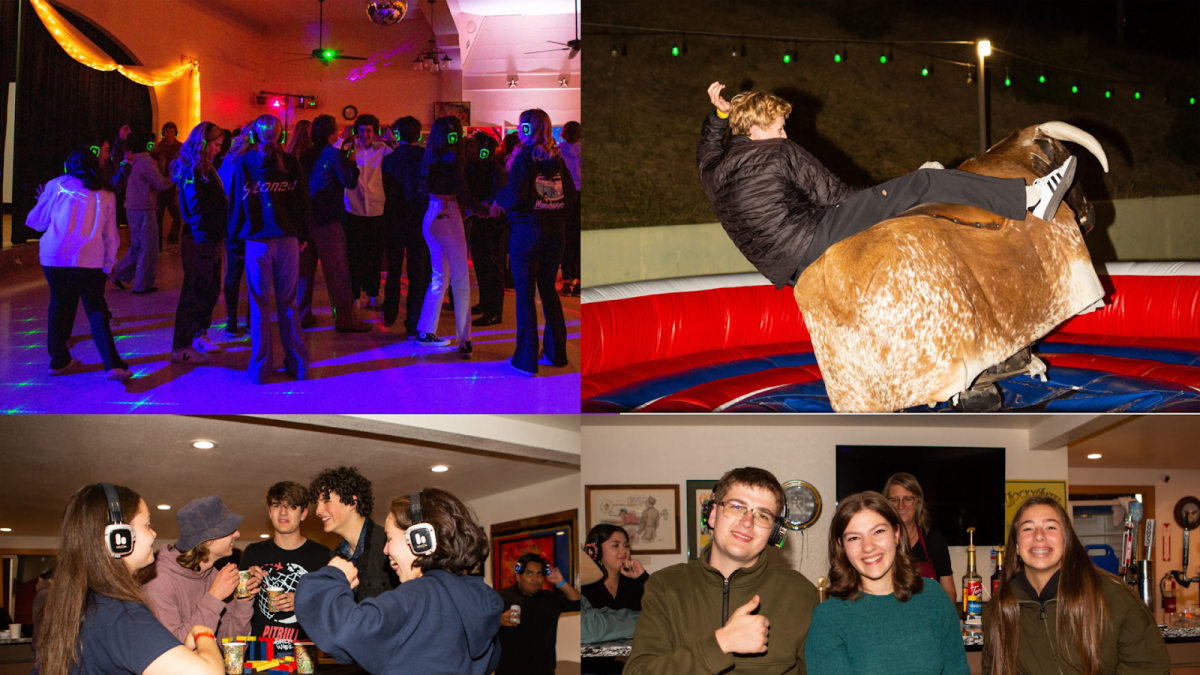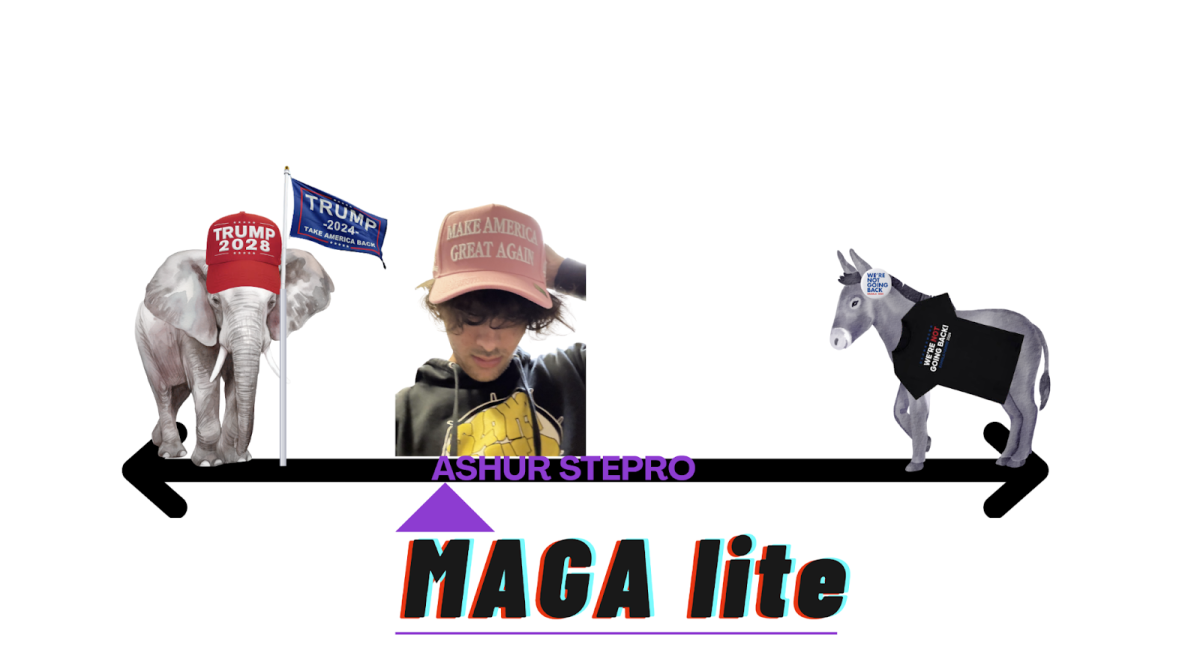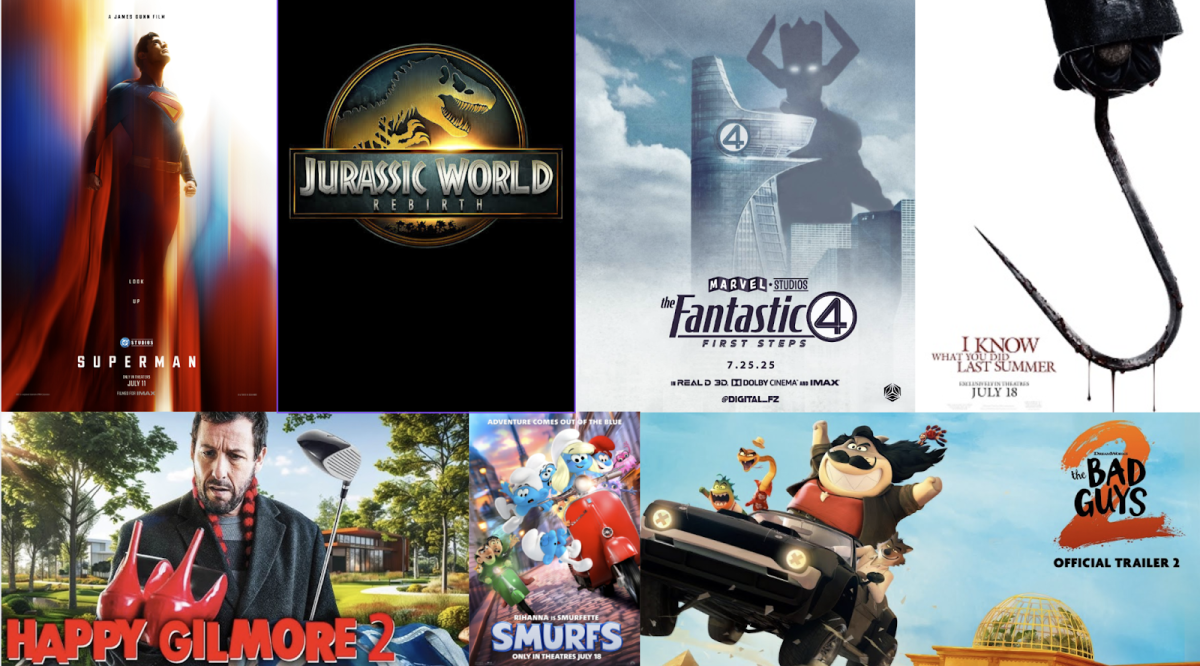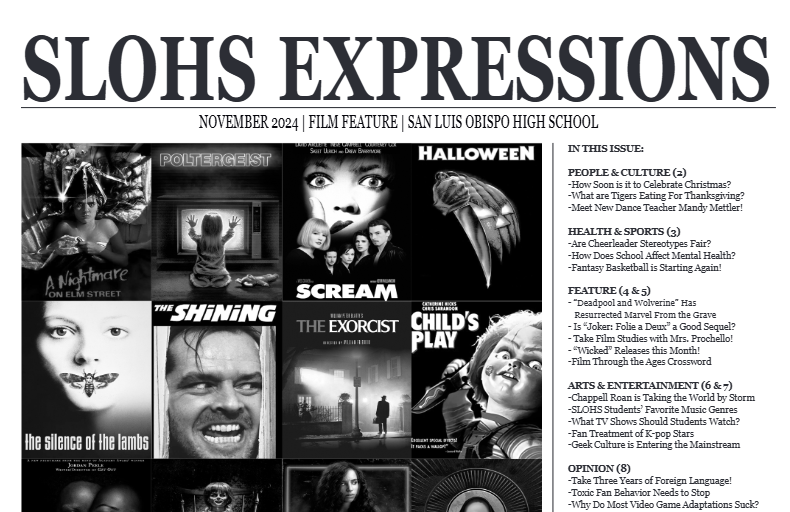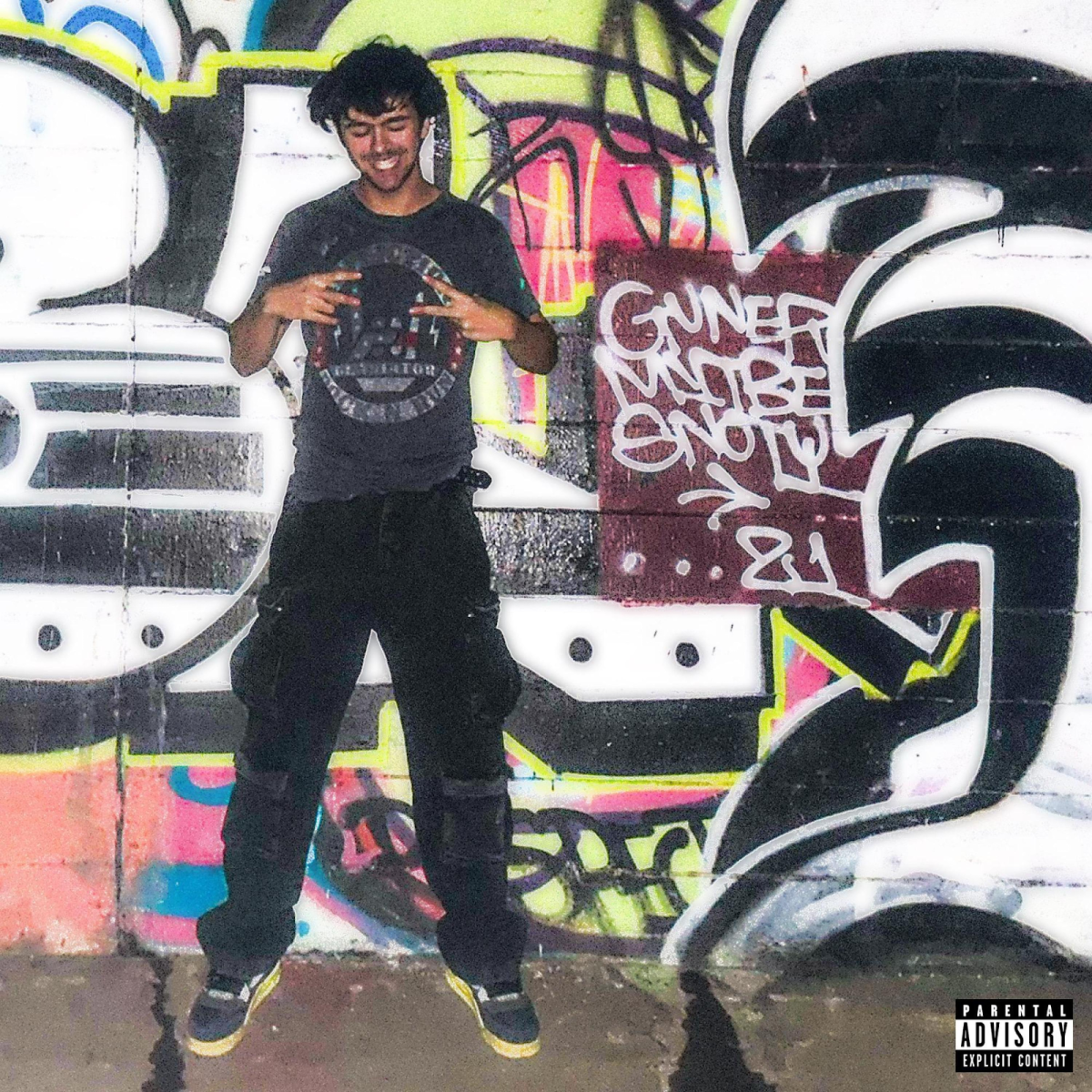DJango, played by actor Jamie Fox, is about as classic as a cowboy can be. Photo Courtesy of Columbia Pictures.
Western movies are a dime a dozen, the genre becoming so oversatured that the very things that make them unique became predictable tropes and cliches that most likely many San Luis Obispo High School students are able to recognize.
“I thought it was interesting how Westerns always have managed managed to incorporate what seemed like modern action scenes into its own cliche,” said Senior Aiden McGuire.
To many it seemed like Westerns reached their creative limit a while ago.
Until 2012.
American film director Quentin Tarantino has a reputation for bringing a unique blend of enjoyable violence and wittiness of characters to the big screen, so when it was announced that Tarantino’s creative vision was getting involved in the western genre, there was an anticipation of what could be done with this seemingly dead genre.
Unsurprisingly when the film released it showed all the tropes Tarantino is best known for, but the film digs into a subject not touched upon alot by modern Hollywood, for Tarantino folded one of the biggest issues found in America at the time into the film: Slavery.
“It’s very hard to watch (the slavery) and to come and realize that this is how america was,” said senior Liam Streeter.
The Plot follows Django, a once runaway slave on a chain gang, to a slave auction. He is then freed by a German Bounty Hunter (Doctor King Schultz) to help him identify a set of brothers that have become wanted by the law. The two become fond of each other as Django helps Schultz through the winter hunt down various outlaws, although the two are eventually led on a journey to find and free Django’s long lost wife.
Many viewers might believe that Django at first glance is just another on of its genre with it’s western themes of redemption with the obvious revenge Django feels for the Slave Owning southerners, but it’s so much deeper the revenge porn that the film portrays, for Tarantino shows how to destroy an ideology.
The Slave owners of the south at this time followed a belief based on ancient philosophers teachings, mainly from aristotle who thought that, “Natural slaves were slaves because their souls weren’t complete – they lacked certain qualities, such as the ability to think properly, and so they needed to have masters to tell them what to do,”. So essentially the slave owners operated with the belief that the slave was naturally inferior to the slave owner who was capable of higher thought or they were the civilization taming savagery.
“I think the inclusion of comedy when depicting the subject of slavery was useful in showing the ridiculousness of these awful people’s beliefs at the time,” said Senior Mark Rourke.
Two things that Tarantino does to disprove this belief right away, one is the appearance of Schultz. As the quintessential European he represents everything civilized (apart from his bounty hunting), even speaking English as a second language but astounding the locals with his vocabulary, there are even scenes displaying the slaves competence and speech skills at times surpassing their white owners. This essentially demonstrates that it’s not the slaves themselves who are the savages but the owners themselves. The other example is Django himself who when he’s able to choose his clothing in Act 1 chooses to wear the most ridiculous bright standout colored outfit, reminiscent of what the plantation owner would wear, completely humiliating the white men who do wear it.
The film in the end is a good watch with a real look into America’s past and its people, for any of those who have not watched this film it is highly recommended and guaranteed to be enjoyable.
Source: bbc.com



